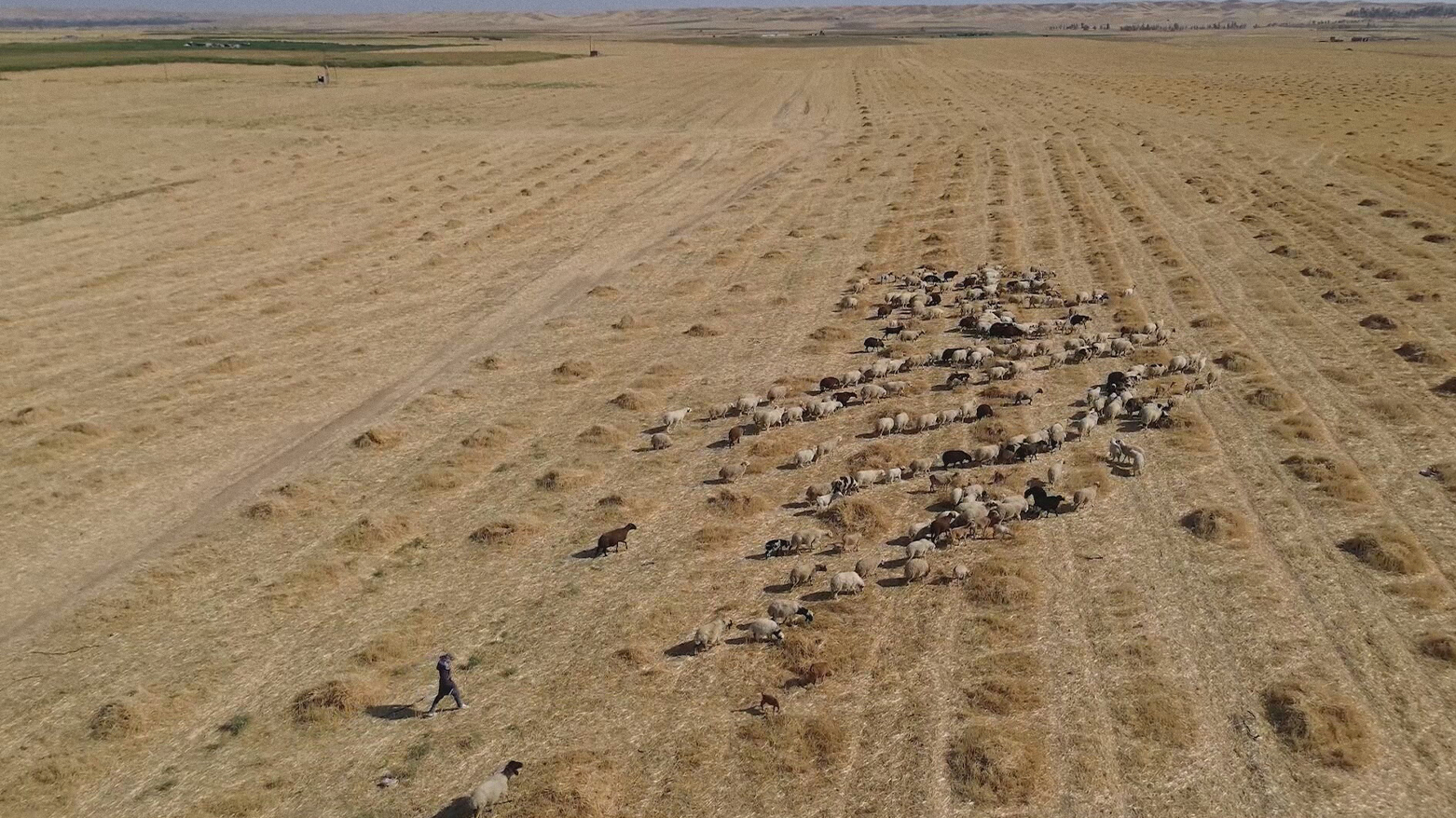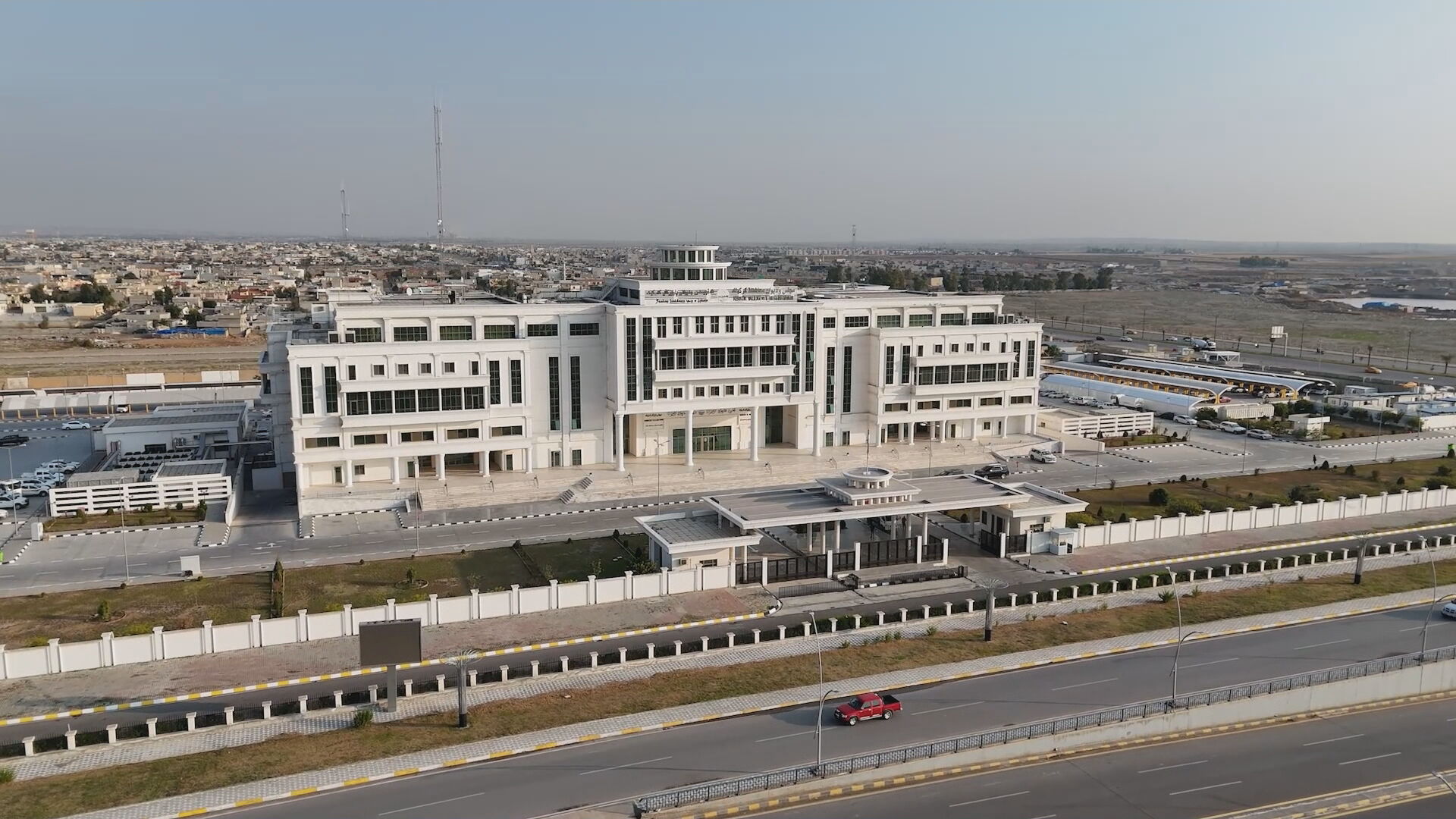Stalled Iraqi Law Blocks Return of Kirkuk Lands to Kurdish, Turkmen Owners
A passed Iraqi law to repeal Ba'athist decrees remains unimplemented, blocking the return of 350,000 dunams of land to Kurdish and Turkmen owners in Kirkuk and perpetuating decades of injustice for farmers awaiting its enforcement.

ERBIL (Kurdistan24) – Despite its passage in the Iraqi Parliament, a critical law designed to reverse the oppressive policies of the former Ba'ath regime remains unenforced, obstructing the rightful return of at least 350,000 dunams of agricultural land to their original Kurdish and Turkmen owners in Kirkuk and other Kurdistani territories outside the KRG's administrative control.
According to a report from Kurdistan24 correspondent Soran Kamran in Kirkuk, this administrative and judicial paralysis is exacerbating the decades-long suffering of thousands of farmers who are still waiting to reclaim their lands and end a profound injustice.
In the Sargaran area, the prolonged delay has left farmers in a state of anxious anticipation. Dashti Khidir, one of the many farmers affected by the former regime's decisions, recounted his ongoing struggle.
"Tens of dunams of my land are covered by this decision, and we are waiting for this problem to be resolved, but the courts are still not acting in accordance with the Iraqi Parliament's decisions," he stated.
Khidir further highlighted the bureaucratic maze that has stalled progress, noting, "There are recommendations from a committee sent from Baghdad, which were approved by the Council of Ministers and sent back to the province, but we don't know why they haven't been sent to the Operations Command for implementation to end the suffering of those affected."

The resolution of Kirkuk's complex land ownership issues is directly contingent upon the application of this specific law to repeal the decisions of the dissolved Ba'ath Party. However, the legislation remains shelved. Abdullah Mirwais, a member of the Kirkuk Provincial Council, explained the historical roots of the problem and the current impasse.
"Fifty years ago, decisions were issued by the Revolutionary Command Council, and ownership rights were withdrawn from Kurdish and Turkmen farmers, causing them significant problems," Mirwais said. "Addressing this issue is contingent upon repealing the Ba'ath Party's decisions, but the law remains suspended without implementation."
At the local level, efforts to break the deadlock have also proven fruitless. Specialized committees were formed in Kirkuk specifically to implement the decisions to abolish these Ba'athist policies, but according to Soran Kamran's report, their efforts have not yielded any tangible results so far. This lack of progress on the ground has only served to increase public frustration among the affected communities.
The legislative paralysis is highlighted by the fact that in a single session, the Iraqi Parliament voted on 30 different laws, of which only two have reportedly been implemented.
The crucial law to repeal the Ba'ath Party's decisions has remained inactive among the unenforced legislation. Experts believe that the implementation of this single piece of legislation would be a monumental step, resolving more than a third of the contentious land issues in the Kurdistani territories outside the KRG's administrative control and finally ending a large part of the legacy of demographic change policies that were systematically imposed by the former regime.
